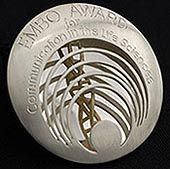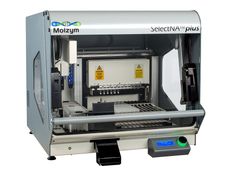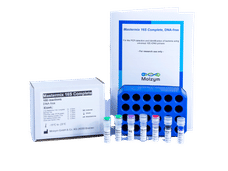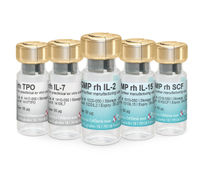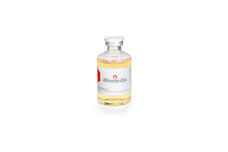BioInformatics LLC Publishes Study of Preferred Cell Biology Brands
BioInformatics, LLC released its latest research report: "Brand Positioning: Cell biology Kits & reagents." The report is the first in a series of six focused on brand positioning in various life science product categories.
"In the cell biology space, we found Sigma-Aldrich and Qiagen to be the most differentiated brands," said Dr. Tamara Zemlo, Director of Syndicated Research at BioInformatics. "The ultimate goal of our research is to assist companies in these markets to adopt a unique brand positioning strategy that is based on scientists' perceptions of their products."
Specific companies profiled in detail in this report include: BD Biosciences; Cell Signaling Technology; GE Healthcare; Invitrogen; Pierce Biotechnology; Promega; Qiagen; R&D Systems; Roche Applied Science; and Sigma-Aldrich.
The other five product categories analyzed in related reports are: gene expression and analysis products; instrumentation for genomic analysis; instrumentation for protein analysis; nucleic acid purification products; and protein separation products. These reports examine the leading brands using a variety of models across a '4D' methodology - distinct, desirable, delivery and durable.
Other news from the department business & finance
These products might interest you
Most read news
More news from our other portals
See the theme worlds for related content
Topic world Protein analytics
Protein analytics provides a deep insight into these complex macromolecules, their structure, function and interactions. It is essential for discovering and developing biopharmaceuticals, understanding disease mechanisms, and identifying therapeutic targets. Techniques such as mass spectrometry, Western blot and immunoassays allow researchers to characterize proteins at the molecular level, determine their concentration and identify possible modifications.
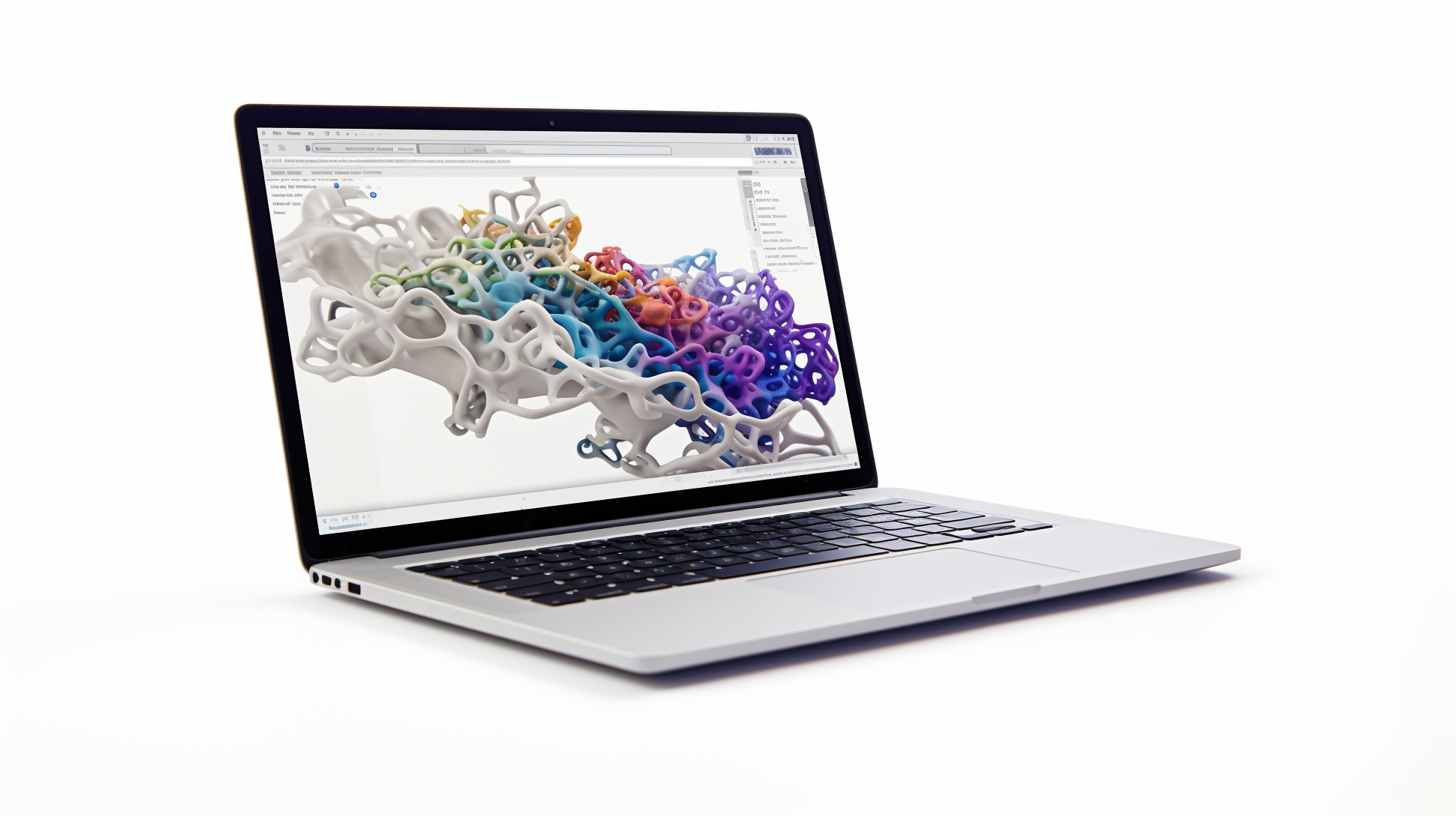
Topic world Protein analytics
Protein analytics provides a deep insight into these complex macromolecules, their structure, function and interactions. It is essential for discovering and developing biopharmaceuticals, understanding disease mechanisms, and identifying therapeutic targets. Techniques such as mass spectrometry, Western blot and immunoassays allow researchers to characterize proteins at the molecular level, determine their concentration and identify possible modifications.
